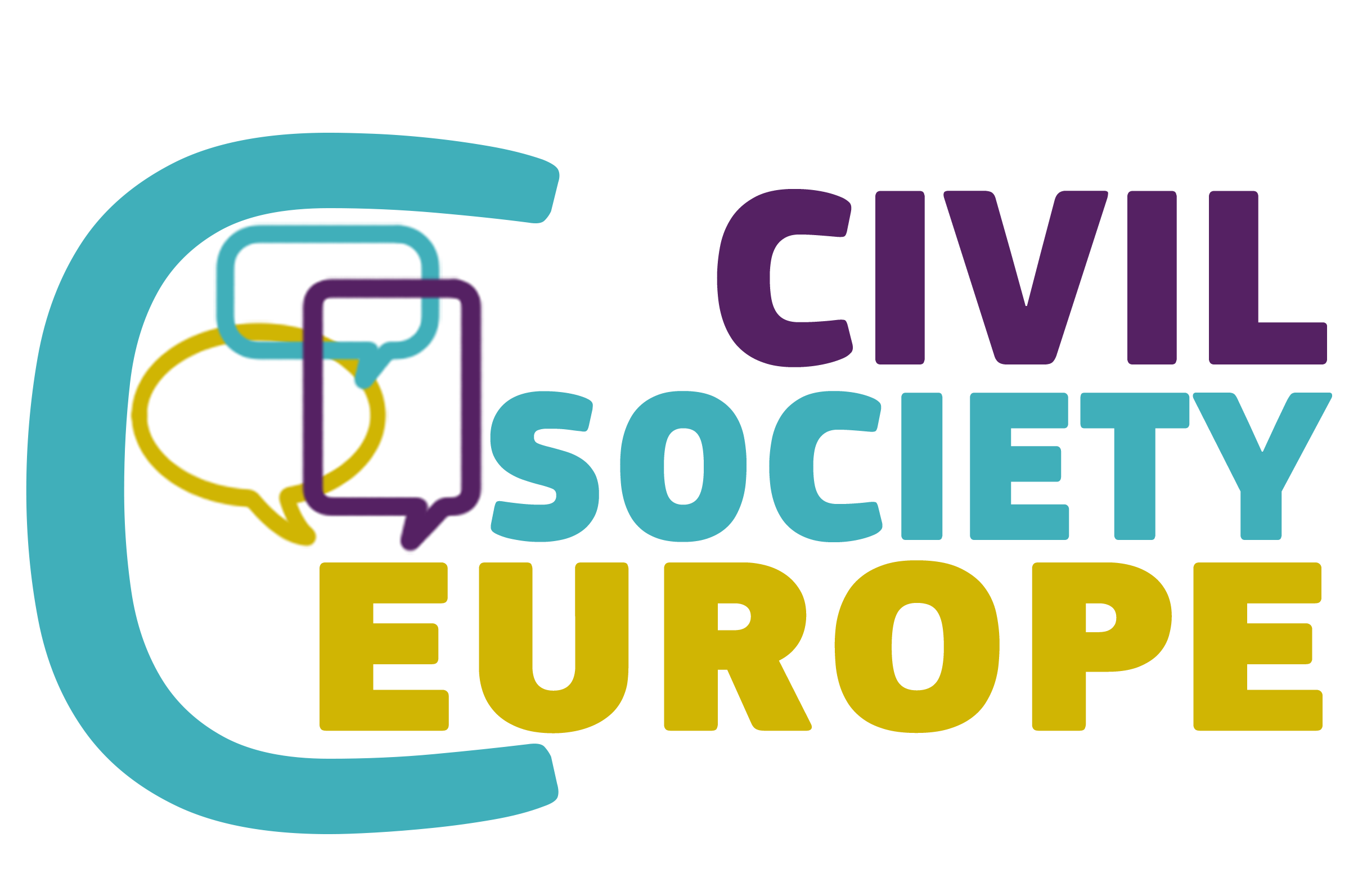Lessons Learnt from the Conference on the Future of Europe and Suggestions to Strengthen Future Civil Dialogue
This document is a preliminary evaluation of the Conference from our perspective as Civil society organisations (CSOs) who participated in the CoFoE through the Civil Society Convention. Our intention is to contribute to stepping up this unique participatory democracy experience. With this goal in mind, we have identified steps that need to be taken in the future to enable a more structured, open, transparent, and constructive dialogue with CSOs and individual citizens, and EU institutions, while recognising respective roles and prerogatives.
This paper also serves as a preliminary evaluation of the European Commission’s post-CoFoE proposals regarding European democracy, values and rights, the rule of law, and civil dialogue.
Indeed, the Conference on the Future of Europe showed that it is possible to develop a deliberative process engaging the different EU institutions with citizens. We also welcome the launch of further citizens panels on food waste, learning mobility and virtual worlds. However, it also showed that concrete initiatives have to be taken to nurture our democracy. We believe that these processes would become fully participative by involving civil society and citizens from the beginning in the structural definition of such initiatives: topics, methodology and expected outcomes.
Furthermore, consultation is not enough. It must be followed by dialogue and complemented with follow up decisions and monitoring. Civil Society Organisations have a critical role to play in holding EU institutions accountable.
In addition, we call for the adoption of a roadmap to strengthen participatory and deliberative democracy that includes all-round consultation of civil society and citizens in a process that should be open and participative
This should include amongst others:
- A review of existing mechanisms of civil dialogue within EU institution;
- Development of participatory tools; including crowdsourcing legislation, participatory budgets and guidelines for dialogue with civil society;
- Broader access to documents and to all the steps of the legislative decision-making process including the position of Member States in preparatory Council working group meetings;
- Supporting civil society in its advocacy and monitoring role through a civil society strategy;
- Civic education in schools and a European Year of civic engagement in 2025;
- A convention for the revision of EU Treaties to strengthen European competences, overcome national veto and allow the EU to respond effectively to citizen’s needs. This process should be open and participative by including as full participants civil society organisations.
Read the document here.


